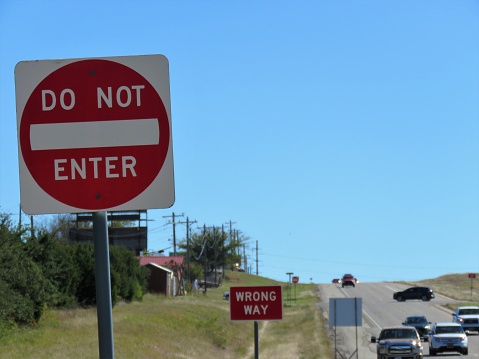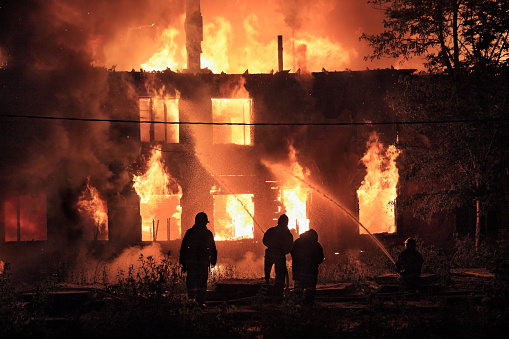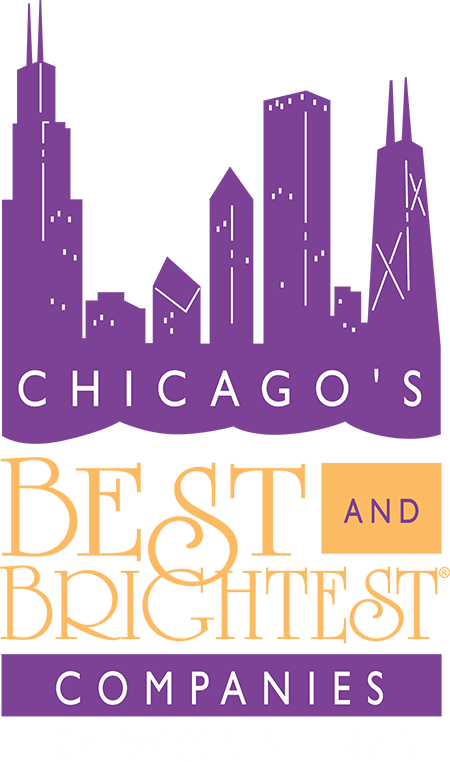No matter how safe a driver you are, the more time you spend behind the wheel, the more chance you have of getting into a serious car accident.
Of all crashes, head-on collisions are widely considered the most dangerous due to the force that’s unleashed when two vehicles traveling in the opposite direction collide, resulting in an impact that is substantially greater than most other crashes.
While head-on collisions often happen due to lane departures, among the biggest contributors to this devastating type of crash are wrong-way drivers.
Sadly, wrong-way crashes are on the rise.
According to the AAA Foundation for Traffic Safety, an average of 500 people per year died in wrong-way crashes on divided highways from 2015-2018. That number represents a 34% increase over the period of 2010-2014 when an average of 375 people died in wrong-way collisions.
Analysts say older drivers and those who drive without a passenger have greater odds of being a wrong-way driver, but drunk drivers, they say, pose the biggest risk.
“Wrong-way crashes on divided highways are often fatal as they are typically head-on collisions,” said Dr. David Yang, executive director of the AAA Foundation for Traffic Safety. “And unfortunately, as the data shows, fatalities from these crashes are on the rise.”
Alcohol impairment the biggest factor
Head-on collisions cause nothing but destruction, life-changing injuries, and death, which is why AAA and the National Transportation Safety Board (NTSB) are promoting countermeasures and beefing up awareness to help mitigate the problem of wrong-way drivers. Roughly 60% of wrong-way crashes involved a driver operating under the influence of alcohol, which is why drunk driving deterrence has become the focus of this public safety issue.
“Alcohol impairment is, by far, the single most significant factor in the majority of wrong-way driving crashes, which unfortunately has not changed since the NTSB issued its Wrong-Way Driving special investigation report in 2012,” said NTSB Director of the Office of Highway Safety, Dr. Rob Molloy. “The important work done by AAA shows that we need to redouble our efforts to address this safety hazard.”
To reduce the number of wrong-way crashes caused by impaired drivers, the NTSB recommends:
- Highly visible enforcement operations
- DUI checkpoints
- Installation of alcohol ignition interlock devices, a tool which prevents a driver from starting their vehicle until they provide an acceptable breath sample
Even though impairment is on the NTSB’s “most wanted list,” the data shows drivers over age 70 are also in danger of being wrong-way drivers. Suggested efforts to combat the problem include driver refresher courses, installation of more visible signs and signals, improvements to infrastructure, and legislation that will help determine physically or cognitively at-risk drivers.
Tips to avoid a wrong-way crash
Without question, driving sober is the biggest thing you can do to keep from becoming a wrong-way driver. Other things you can do to avoid being a wrong-way driver include:
- Along with alcohol, you should never drive after using marijuana, certain prescription medications, or any other substances that might cause impairment
- Never drive when you’re tired. Similar to driving drunk, fatigued driving can severely impact your reaction time, judgment, and ability to safely operate a motor vehicle.
- Stay alert when you’re driving at times when drunk drivers are most commonly on the road, such as at night, in the early morning, and on the weekends. Most wrong-way crashes take place between 6 p.m. and 6 a.m.
- When possible, drive with a passenger. Research shows that about 87% of wrong-way drivers were driving alone. A passenger can provide an extra set of eyes and ears and alert you if they see you about to go the wrong way on a highway ramp or road.
If you’ve been injured, your fight starts here
At Coplan & Crane, our award-winning car accident lawyers have extensive experience advocating for the rights of crash victims and their families. If you were injured or a loved one died in a head-on collision caused by a wrong-way driver, our dedicated legal team would be honored to review the details of your case, answer your questions, and explain your legal options.
Our attorneys understand how confusing and frustrating it can be to deal with an insurance company in the aftermath of a serious crash. Without the help of an experienced lawyer, you could get pressured into accepting a meager settlement that ultimately doesn’t come close to meeting your needs.
Let us fight for the compensation you’re entitled to. Contact us today for a free consultation. We serve clients in Oak Park, Chicago, Rockford, and all of Illinois.
















